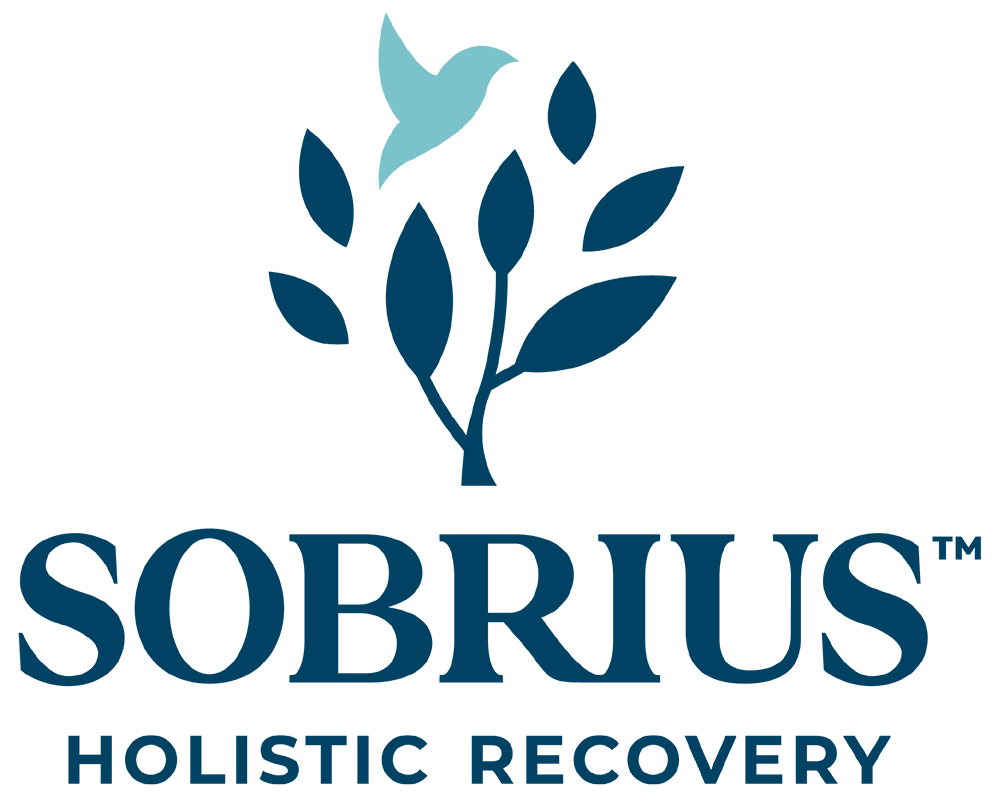When someone you care about is struggling with a serious drinking problem, the fear of alcohol overdose is very real. You might find yourself asking, “Can alcohol overdose cause death?” The unfortunate reality is that it can, and it is critical to understand how and why this happens, what warning signs to look for, and how to act quickly to protect your loved one. Alcohol overdose, also known as alcohol poisoning, is a life-threatening condition that requires immediate attention. By learning more about its dangers and about our VA detox center for alcohol, you can play a vital role in saving a life.
What Happens During an Alcohol Overdose?
An alcohol overdose occurs when a person consumes a toxic amount of alcohol in a short period, overwhelming the body’s ability to process it. This can have catastrophic effects on vital functions like breathing, heart rate, and alertness. Alcohol is a depressant, which means it slows down the central nervous system. When consumed in excess, it suppresses critical systems that keep us alive.
- Breathing can become dangerously slow or even stop altogether, leaving the body deprived of oxygen.
- Heart rate can drop to dangerously low levels, which can lead to cardiac arrest.
- Levels of consciousness decrease, and the person may pass out or become completely unresponsive. A deep coma can occur, further compounding the risk.
Left untreated, these effects can result in permanent brain damage or death.
What Are the Signs of Alcohol Poisoning?
Recognizing the signs of alcohol poisoning early can make the difference between life and death. Understanding the warning signals will equip you to take action when it matters most. Some common signs include:
- Confusion or an inability to stay awake
- Vomiting, especially when unconscious or semi-conscious
- Slow or irregular breathing (fewer than eight breaths per minute or gaps of more than 10 seconds between breaths)
- Pale, blue, or clammy skin
- Hypothermia (low body temperature), which may cause shivering
- Seizures
If you notice any of these symptoms in someone who has been drinking heavily, seek emergency medical attention immediately. Never assume that they will “sleep it off.” Alcohol poisoning is deadly, and time is critical.
How Does Death From Alcohol Overdose Occur?
Death from alcohol overdose occurs because the body’s essential systems shut down one by one. Prolonged oxygen deprivation caused by slowed or stopped breathing can lead to brain damage.
Additionally, blood pressure can drop so low that organs stop receiving the blood supply they need to function. Aspiration (inhaling vomit into the lungs) is another risk, as a person who is unconscious or barely responsive cannot protect their airway. These factors combined make alcohol overdose an urgent medical crisis.
The Role of Alcohol and Other Substances
The risks of an alcohol overdose become even greater when alcohol is combined with other substances, such as prescription medications, illicit drugs, or over-the-counter remedies. For example:
- Sedatives or opioids further suppress breathing and heart rate, making overdose more likely.
- Stimulants like cocaine or methamphetamine mask the depressive effects of alcohol, often leading to unchecked drinking and delayed recognition of overdose symptoms.
Mixing substances not only increases the risk but also complicates medical intervention, as multiple toxins may affect the body in unexpected ways. If your loved one habitually combines alcohol with other substances, they are at significant risk and need professional help immediately.
Alcohol Addiction and Increased Risks
Over time, chronic alcohol use can change the body’s tolerance levels. While it may seem that someone with years of heavy drinking “handles their alcohol” better, the truth is that their risk of overdose increases. This is because the liver and other organs are often damaged by long-term alcohol use, reducing the body’s ability to metabolize alcohol effectively.
People with alcohol addiction are more likely to binge drink, increasing blood alcohol concentration to toxic levels in a short period. The long-term damage from addiction doesn’t just affect health; it also affects judgment and decision-making, making an overdose that much more likely.
Preventing Tragedy Through Treatment
While it’s devastating to watch a loved one struggle with alcohol addiction, there is hope. Everyone at Sobrius understands how difficult it can be to face these challenges, and we are here to help. Our addiction treatment programs can reduce the risk of overdose, not just in the short term but for the years ahead. With outpatient and residential treatment options, evidence-based therapies like cognitive-behavioral therapy, and specialized programs for men and women, we create personalized plans to give each client the best chance at recovery.
Recovery is more than abstinence. It’s also about building a life where addiction no longer holds power. Professional treatment can break the cycle of addiction, giving your loved one the tools to manage triggers, repair relationships, and reclaim health. Most importantly, intervention can prevent overdose and the heartbreaking loss it brings.
Find the Help You Need at Sobrius
Can alcohol overdose cause death? Yes, you now know it’s possible. If someone you love struggles with chronic alcohol misuse, don’t wait for another close call. Alcohol overdose can be fatal, but with education, awareness, and professional help, many tragedies can be avoided. Sobrius in Galax, VA, is here to guide your family toward a brighter, sober future. Call us at 888.596.6514 or use our online contact form. Together, we can build the foundation for long-term recovery so that your loved one can find the peace they deserve.

